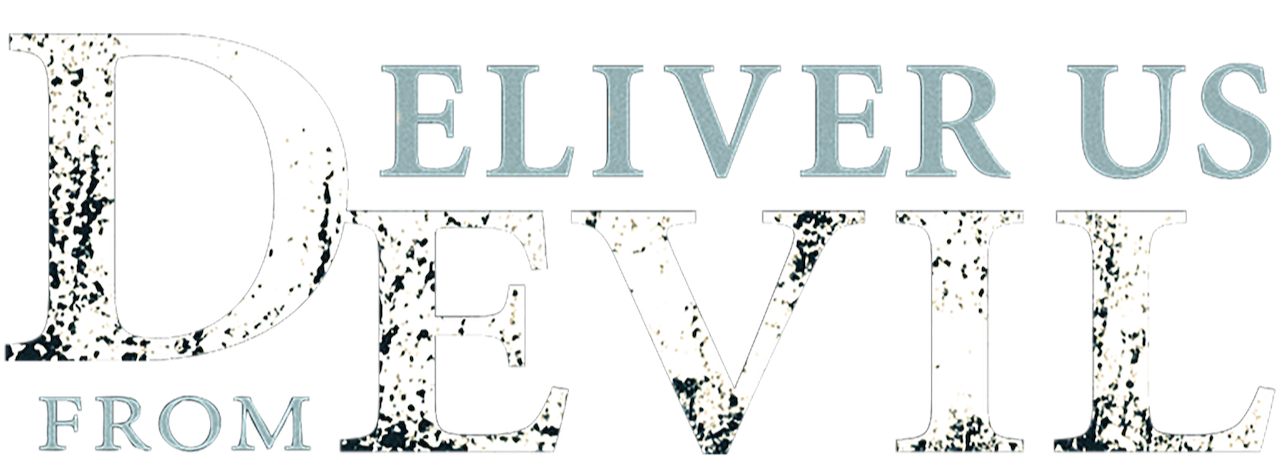(RE)UNION 6 OF 10 – Read chapter 9 of (re)union
The good news of the kingdom meets our fundamental human need for purpose and meaning in life. On Sunday I said that the gospel of Jesus helps us wake up every morning with a clear and compelling reason to live another day:
Our purpose in this life is to experience and extend the kingdom of God.
In this post I’d like to address two other human needs that are fulfilled through the good news of the kingdom:
- Our individual need for belonging.
- Our collective need for peace.
OUR NEED FOR BELONGING
Humans were designed to be a part of something bigger than us. We intuitively know that we are not an end in ourselves. But neither are we merely a means to an end. We are striving for that “something more” that is beyond us, but which somehow includes us. We all “know” this, whether consciously or not. It is a truth we feel.
Like headphones that find their created purpose only when they are plugged into a stereo, like books that are meant to be read, or instruments that are meant to be played, we feel the truth of ourselves: we come to life when we are connected and engaged with the “something more” beyond-but-including ourselves.
The gospel of the “kingdom” is the good news of belonging. We are citizens together of a new community without division.
In the book of Revelation, the apostle John has a vision of heavenly creatures singing praise to the Lamb with these words:
“You are worthy to take the scroll
and to open its seals,
because you were slain,
and with your blood you purchased for God
persons from every tribe and language and people and nation.
You have made them to be a kingdom and priests to serve our God,
and they will reign on the earth.”
(Revelation 5:9-10)
In a world so torn apart by racial and national division, the gospel of the kingdom meets one of our greatest personal and societal needs like nothing else. We belong together.
OUR NEED FOR PEACE
In his closing monologue to his 2008 movie, Religulous, Bill Maher makes a pressing argument against religion. His point is that religion excuses and even encourages violence that we would not otherwise tolerate, and in a nuclear age, this phenomenon makes religion a global threat to our very survival as a species that we cannot allow to go unchallenged. It is, therefore, the moral duty of every reasonable human to actively resist religion and to evangelize people out of it. Atheism, he insists, is not just the better option, but the morally necessary option. Here is his speech:
The irony of religion is that because of its power to divert man to destructive courses, the world actually could come to an end. The plain fact is religion must die for mankind to live. The hour is getting very late to be able to indulge in having key decisions made by religious people, by irrationalists, by those who would steer the ship of state not by a compass, but by the equivalent of reading the entrails of a chicken. George Bush prayed a lot about Iraq, but he didn’t learn a lot about it. Faith means making a virtue out of not thinking. It’s nothing to brag about. And those who preach faith and enable and elevate it are our intellectual slaveholders, keeping mankind in a bondage to fantasy and nonsense that has spawned and justified so much lunacy and destruction. Religion is dangerous because it allows human beings who don’t have all the answers to think that they do. Most people would think it’s wonderful when someone says, “I’m willing, Lord. I’ll do whatever You want me to do.” Except that since there are no gods actually talking to us, that void is filled in by people, with their own corruptions and limitations and agendas. And anyone who tells you they know, they just know what happens when you die, I promise you, you don’t. How could I be so sure? Because I don’t know, and you do not possess mental powers that I do not. The only appropriate attitude for man to have about the big questions is not the arrogant certitude that is the hallmark of religion, but doubt. Doubt is humble, and that’s what man needs to be, considering that human history is a litany of getting shit dead wrong. This is why rational people, anti-religionists, must end their timidity and come out of the closet and assert themselves. And those who consider themselves only moderately religious really need to look in the mirror and realize that the solace and comfort that religion brings you actually comes at a terrible price. If you belonged to a political party or a social club that was tied to as much bigotry, misogyny, homophobia, violence, and sheer ignorance as religion is, you’d resign in protest. To do otherwise is to be an enabler, a mafia wife, with the true devils of extremism that draw their legitimacy from the billions of their follow travelers. If the world does come to an end here, or wherever, or if it limps into the future, decimated by the effects of a religion-inspired nuclear terrorism, let’s remember what the real problem was: That we learned how to precipitate mass death before we got past the neurological disorder of wishing for it. That’s it. Grow up, or die.
Grow up or die. Either religion must end, or religion will bring humankind to an end. These are our options.
I resonate with Maher’s concern. I think he is right about the problem, but wrong about the solution. Religion is dangerously destructive. But so is atheism. Maher is inviting us out of the religious frying pan and into the godless fire. Atheism lacks the ability to appeal to objective morality because, as I’ve argued before here, all morality is personal and interpersonal. In other words, what we think of as the categories of “moral” or “immoral” only exist when persons are involved. When a tree overshadows a budding plant, blocking the sun and causing it to fail to thrive, the tree does not owe the plant an apology. Neither does the hailstorm that damages my car nor the giraffe that wounds another giraffe in a territorial fight. (Have you seen those guys neck-fight? Wow.) What we call morality doesn’t show up until persons show up. And unless we acknowledge that we all live within the divine Person, we have no basis for an absolute objective morality between us as persons or societies of persons.
At best, atheism, can offer a kind of morality based on agreed upon societal preferences that are mutually advantageous to the members of that society, but there is nothing higher to appeal to when two societies disagree about their preferences. At that point, the fittest survive. If I belonged to a political party or social club that was tied to survival of the fittest devoid of any ability to appeal to any objective moral framework, I would resign in protest from that party too. We need another option for the good of humankind.
In fact, what we need is a God with all the moral authority that only God can possess, who is also a God of peace, and who makes love the ultimate moral framework for every decision we make. Let me say this again: What we need is a God who offers humankind an absolute moral code, and whose code is absolute love. We need a God who has the right to hold all of humanity accountable to his will, and whose will and whose way are both now and always peace. And this is what we find only in Jesus.
Peace,

EXTRA NOTES FOR CHAPTER 9
Q & EH?
- Jesus said the kingdom of God is (not “will be”) within you (plural). In other words, the kingdom of God is between us as persons and within our relationships (Luke 17:20-21). Have you experienced the kingdom of God recently?
- Review the ten points of Bruxy’s response to “Hank.” Which points seem most or least convincing? Which points are new to you or most challenging to what you’ve heard from Christians before?
- The LORD of the kingdom is Jesus; the LAW of the kingdom is love; and the LIFESTYLE of the kingdom is joy, gentleness, generosity, and peace. When it comes to the law of love, Jesus went beyond the Silver Rule (don’t do to others what you don’t want them to do to you) and even the Golden Rule (do to others what you would want them to do to you) to the Platinum Rule (love people like Jesus). This “love upgrade” could be worldchanging, here and now. Now here’s the question: Comparing what you know about how Jesus loved people with the opportunities that lie around you, what are some examples of what it could mean to love people like Jesus?
- When we love our enemies, we are going to war against the spiritual forces and bad ideas that have made us enemies in the first place. Talk about how this is true in the concept of “going the second mile,” in the first century and in the twenty-first century.
- Jesus began his Kingdom Manifesto, called the Sermon on the Mount (Matthew 5-7), with the words “Blessed are the poor in spirit, for theirs is the kingdom of heaven.” What do you think it means to be someone who is poor in spirit? Why are they the first to receive the kingdom?
DIGGING DEEPER
- Read: The Sermon on the Mount in Matthew 5-7.
- Think: Pay attention to ways the kingdom of heaven is more inside-out rather than outside-in.
- Meditate: “Thy kingdom come, thy will be done, on earth as it is in heaven.”
THANK YOU for interacting with this blog! I’d love any feedback you have to offer. Comment away!



